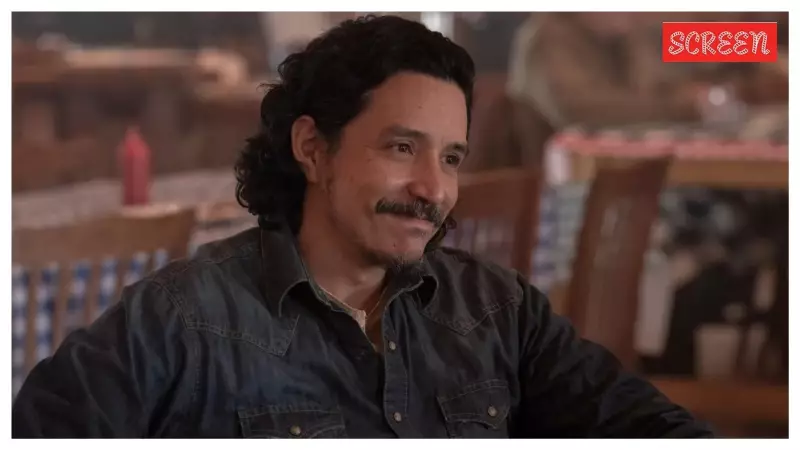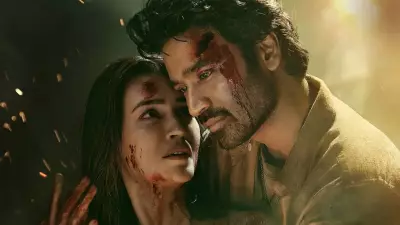
In a stunning revelation that adds new depth to HBO's critically acclaimed series The Last of Us, actor Gabriel Luna has opened up about the real-life inspiration behind one of the show's most terrifying characters. The actor, who portrays Tommy Miller in the post-apocalyptic drama, recently shared fascinating insights into his preparation for a role that many viewers found particularly chilling.
The character, known as 'Devil in Disguise,' isn't merely a product of creative imagination but draws from actual historical figures and documented human behavior during extreme circumstances. Luna's meticulous research into real-world survival stories and psychological profiles helped shape a performance that feels authentic despite the fictional setting.
Bringing Reality to Post-Apocalyptic Fiction
Luna explained how studying real individuals who underwent dramatic transformations during crises informed his approach. "There's a certain authenticity required when portraying someone who's had to shed their humanity to survive," the actor revealed. "I looked at numerous accounts of ordinary people who became something else entirely when faced with impossible choices."
The Texas-born actor described the challenging process of finding the balance between the character's inherent humanity and the monstrous qualities that emerge throughout the narrative. This delicate balancing act required understanding how trauma and survival instincts can reshape a person's fundamental nature.
Beyond the Video Game Origins
While The Last of Us began as a groundbreaking video game, the television adaptation has allowed for deeper character exploration. Luna's portrayal expands significantly on Tommy Miller's journey from the original source material, incorporating elements that make the character more complex and psychologically rich.
The 'Devil in Disguise' aspect of his character represents one of the series' most compelling examinations of how moral boundaries blur in a world without rules. Luna's performance captures the terrifying reality that in extreme situations, the line between hero and villain often becomes indistinguishable.
As fans eagerly await the next season, Luna's revelations provide fascinating context for understanding the nuanced performances that have made The Last of Us one of television's most discussed series. His commitment to grounding even the most dramatic character arcs in real human experience demonstrates why the show resonates so deeply with audiences worldwide.





